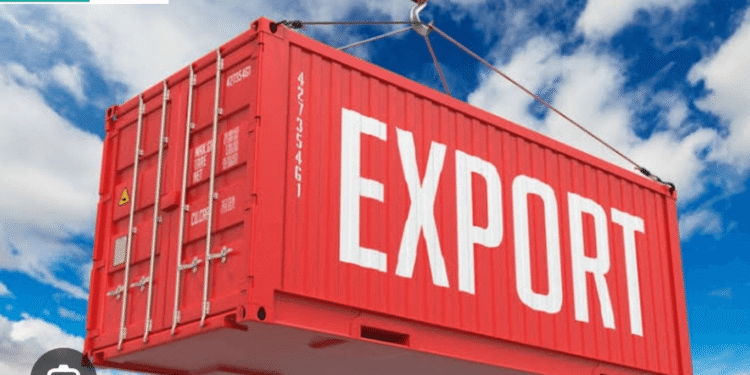Nigerian exporters are deeply concerned following the enforcement of Donald Trump’s new tariff policy, which has caused over 70% of their shipments to the U.S. to be rejected or delayed.
This troubling development has had a significant impact on businesses and logistics operations in Nigeria, with no clear resolution in sight.
According to Ini Daniel, the chief commercial officer of AAJ Express Logistics Limited, who made the announcement yesterday, this concerning trend has resulted in significant delays, posing significant difficulties for importers and shippers doing business in the US market.
According to him, “Nigeria’s exporters are grappling with unprecedented challenges in shipping goods to the United States following the full enforcement of Trump’s new tariff regulations on April 2nd, 2025. Reports reveal that cargo and courier companies are facing severe difficulties with clearance into the U.S., resulting in a crisis for exporters.
READ ALSO, Governor Ododo Mourns Okunchi Accident Victims
“The turmoil has been felt acutely within the airline industry, where carriers are now forced to offer significant discounts or even free returns due to the chaos surrounding tariff enforcement. Adding to the frustration, exporters are left in a fog of confusion, as officials have not provided clear explanations for the refusals.”
He said that this problem is not specific to Nigeria and that exporters from China, other African countries, and several European countries are also impacted by the new rules. Given the current situation, he suggested that Nigerian exporters temporarily halt shipments to the United States until U.S. Customs establishes more precise guidelines.
READ ALSO, Trump Moves to Allow Seabed Mining in International Waters
Meanwhile, local businesses are exploring alternative markets in other regions, including Europe and Asia, as they seek to minimize the impact of the tariff crisis on their revenue streams.
Some are optimistic that the U.S. will adjust its policies soon, while others fear that the damage could last for much longer, potentially eroding Nigeria’s competitiveness in global trade.
Exporters are eagerly expecting clarification on demand and a resolution that will enable them to restart seamless trading operations with the United States, as uncertainty looms.





































